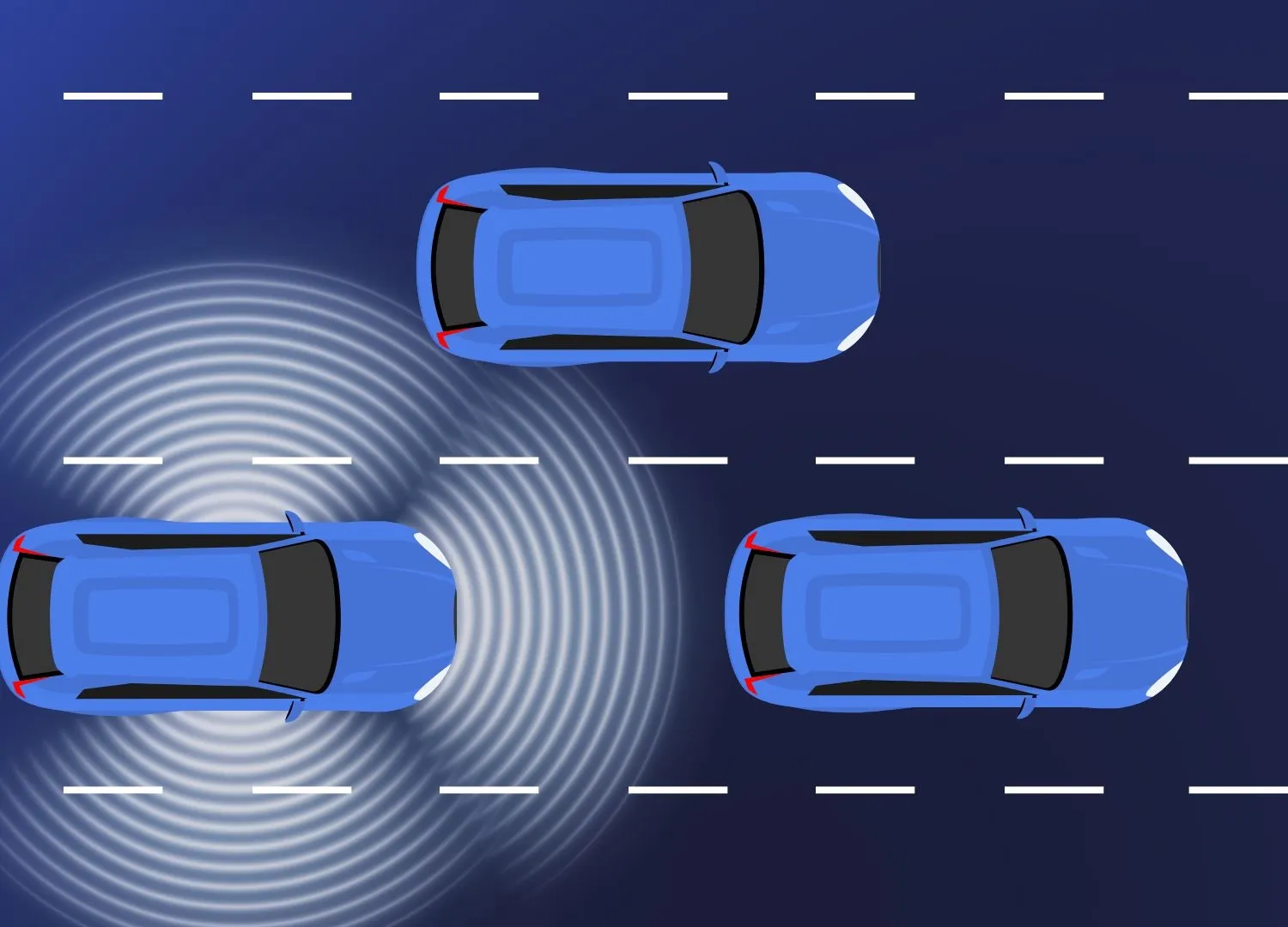PTV and Gevas Software have launched what they claim is a new and unique innovation - ITS seamless. As Michael Ortgiese, PTV's VP ITS Systems, explains, never before has there been such a range of seamlessly integrated intelligent transportation solutions and services which cover all processes, from offline and online modelling to control and strategy management, and individual services.
February 3, 2012
Read time: 2 mins
PTV and 5845 Gevas Software have launched what they claim is a new and unique innovation - ITS seamless. As Michael Ortgiese, PTV's VP ITS Systems, explains, never before has there been such a range of seamlessly integrated intelligent transportation solutions and services which cover all processes, from offline and online modelling to control and strategy management, and individual services.
"The products and systems of both PTV and Gevas are based on a modular structure," says Ortgiese. "Their optimally interacting components help to make traffic flow safer and more eco-friendly. Customers benefit from solutions that grow with their needs." ITS seamless is aimed at cities (Dusseldorf in Germany has deployed the system), conurbations and regions that want to use their road network in a highly efficient manner and, at the same time, offer their citizens innovative services. The solutions can be divided into four main areas (traffic data management, traffic control, strategy management and cooperative mobility services) that complement one another, although they can also be used individually.
"What ITS seamless provides is a set of modules that work seamlessly together to provide a holistic solution from forecasting and preparation, through smart traffic control and direct management of events as they happen," says Ortgiese, "but it goes even further. Urban traffic management is complex and extremely challenging. Whether you have to control individual intersections or entire road networks, ITS seamless provides cities with the solution that best suits their needs. Using the adaptive methods will help to sustainably improve the quality of transportation and environment while ensuring cost-efficient operation."
"The products and systems of both PTV and Gevas are based on a modular structure," says Ortgiese. "Their optimally interacting components help to make traffic flow safer and more eco-friendly. Customers benefit from solutions that grow with their needs." ITS seamless is aimed at cities (Dusseldorf in Germany has deployed the system), conurbations and regions that want to use their road network in a highly efficient manner and, at the same time, offer their citizens innovative services. The solutions can be divided into four main areas (traffic data management, traffic control, strategy management and cooperative mobility services) that complement one another, although they can also be used individually.
"What ITS seamless provides is a set of modules that work seamlessly together to provide a holistic solution from forecasting and preparation, through smart traffic control and direct management of events as they happen," says Ortgiese, "but it goes even further. Urban traffic management is complex and extremely challenging. Whether you have to control individual intersections or entire road networks, ITS seamless provides cities with the solution that best suits their needs. Using the adaptive methods will help to sustainably improve the quality of transportation and environment while ensuring cost-efficient operation."










